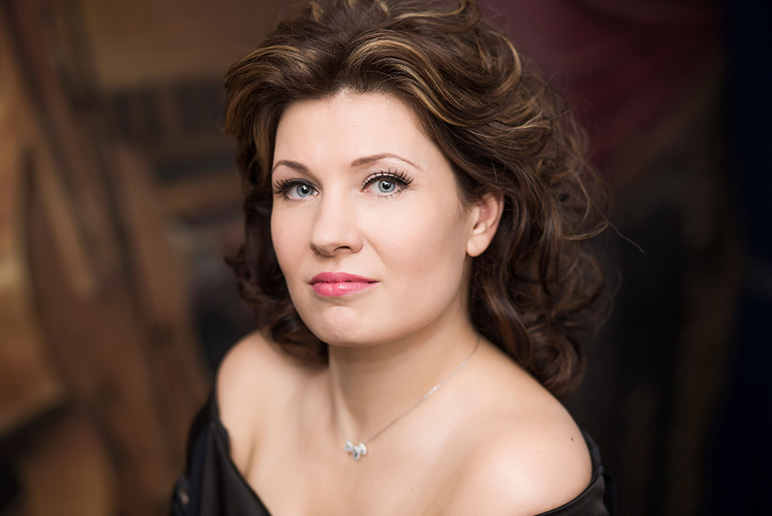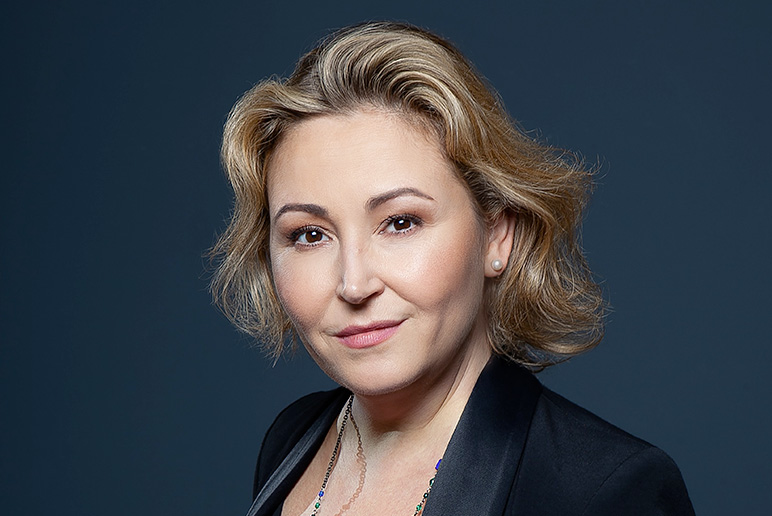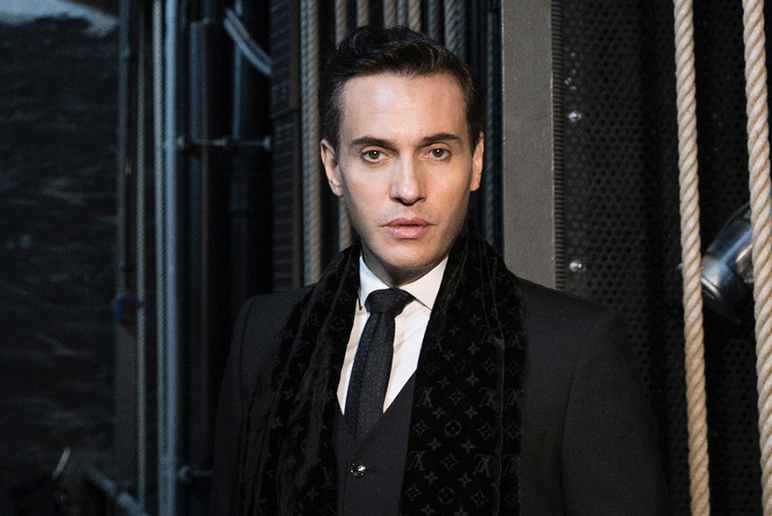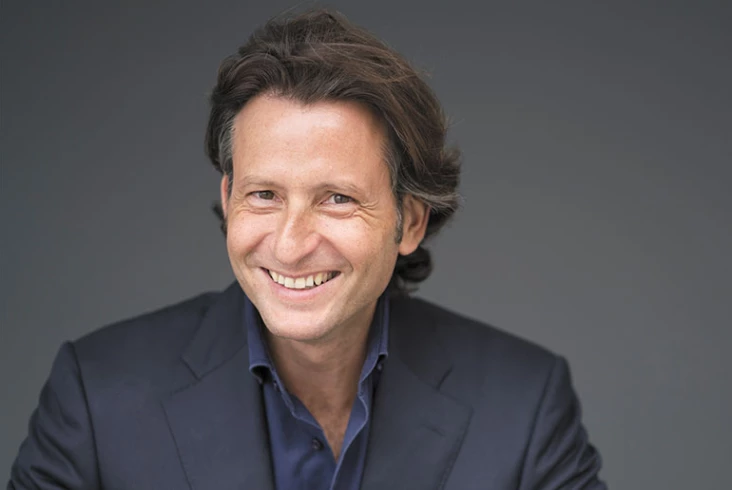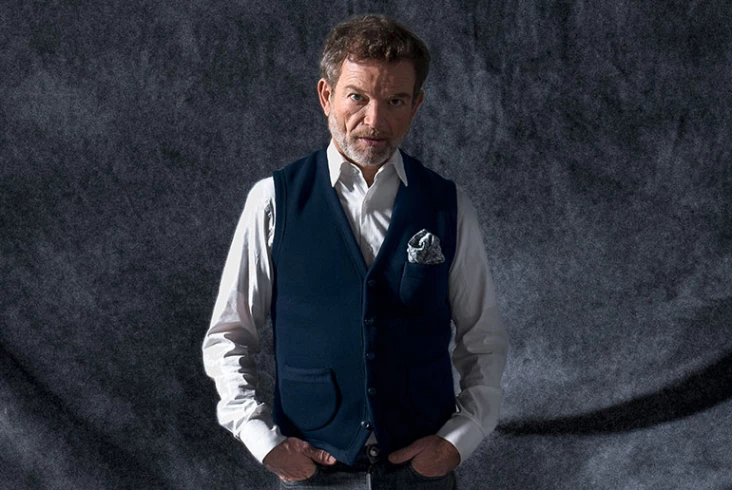Anna Bolena
Gaetano Donizetti
Anna Bolena, Donizetti's third opus on the tragic fates of the Tudor queens, is a vocal feat that this evening's trio will tackle with great flair.
Marianne Crebassa has to give up her participation in Donizetti's Anna Bolena and we warmly thank Karine Deshayes for agreeing to replace her for the role of Jane Seymour in which she recently made her debut at the Zurich Opera House.
Sonya Yoncheva, suffering, must give up her participation in the concert version of Anna Bolena. We warmly thank Marina Rebeka who agreed to sing the title role, which she will sing next month at the Dutch National Opera in Amsterdam.
Marina Rebeka | Anne Boleyn
Karine Deshayes | Jane Seymour
Erwin Schrott | Henri VIII
Enea Scala | Lord Richard Percy
Matthieu Lécroart | Lord Rochefort
Raphaël Brémard | Sir Hervey
Héloïse Mas | Smeaton
Maurizio Benini | direction
Orchestre de chambre de Paris
Ensemble Lyrique Champagne-Ardenne
Sung in Italian with French surtitles
History does not care for uneventful kings. Posterity does not remember happy reigns: happiness, rarely romantic, is boring. But blood, sex and tears with gothic decorations and costumes full of pearls and opulent strawberries, that's a winner. This is one of the reasons why the English Renaissance has been so successful since Donizetti and Rossini. The fascination with the Tudor court is matched only by that with the decadence of the Roman Empire. The novels of Walter Scott fascinated the Romantics. The librettists of the time favoured two types of characters: the bloody rulers, male or female, or the princes who were victims of the royal wrath. The excitement of thwarted love is particularly suited to politics. Donizetti's Tudor trilogy includes Anna Bolena in 1830, Maria Stuarda five years later and Roberto Devereux in 1837. (Vincent Borel)
COPRODUCTION Les Grandes Voix / Théâtre des Champs-Elysées
You may also like
L'Elisir d'amore
With Nemorino's languid arias and Adina's mischievous arias, The Elixir of Love is one of Donizetti's little gems.
Messa di Gloria
A brilliant work written with passion and which allows us to delve into the most intimate and spiritual side of Puccini.
La Vestale
Spontini was celebrated in his time by the general public and many composers. La Vestale, at the crossroads of styles, is of imperial flamboyance.


